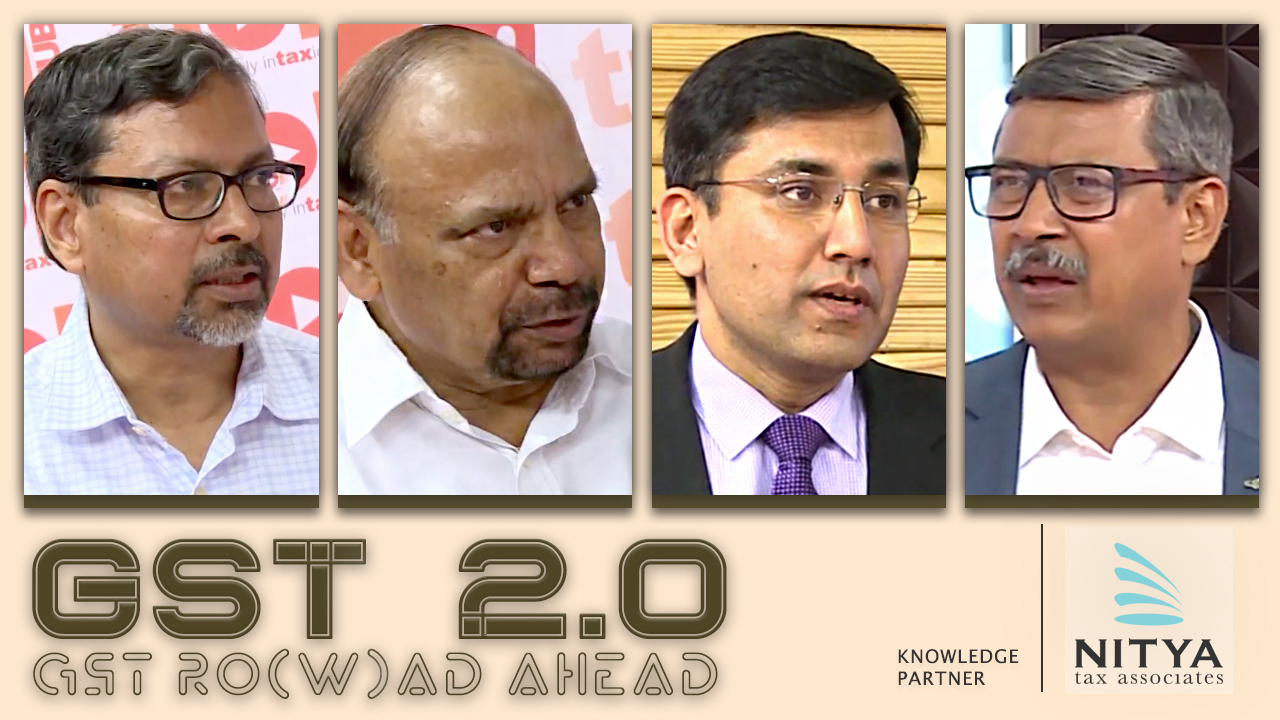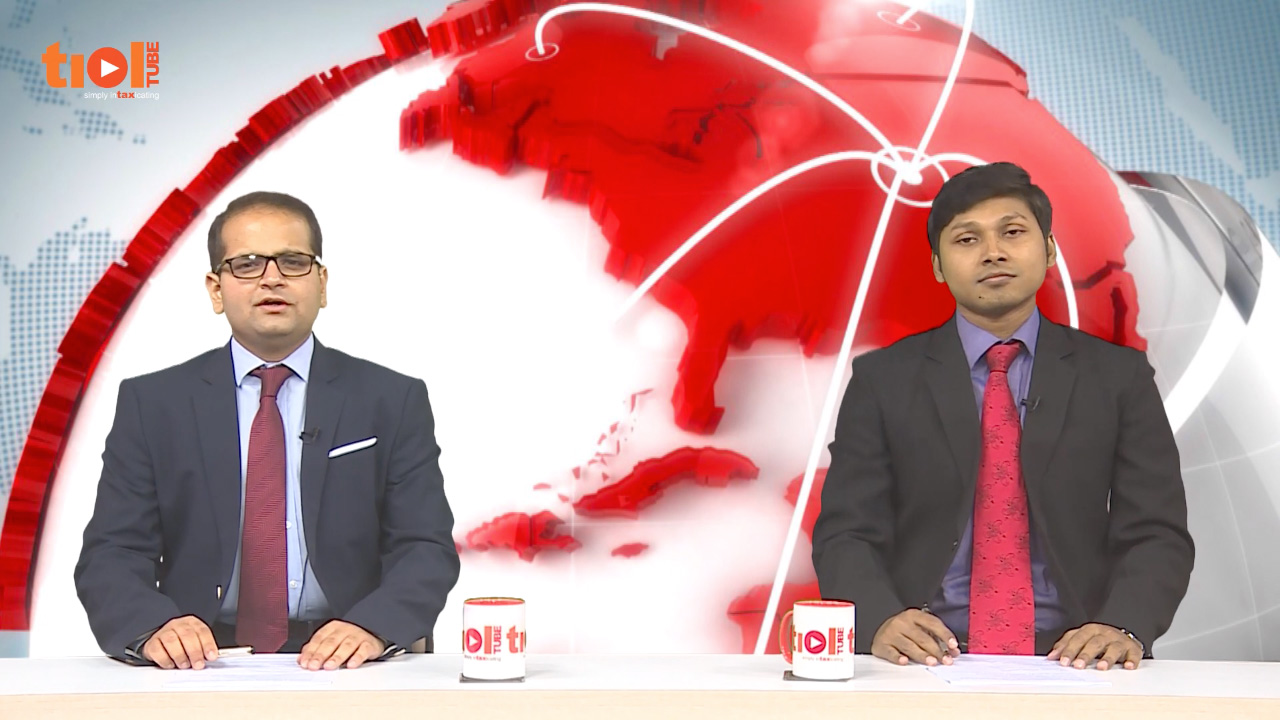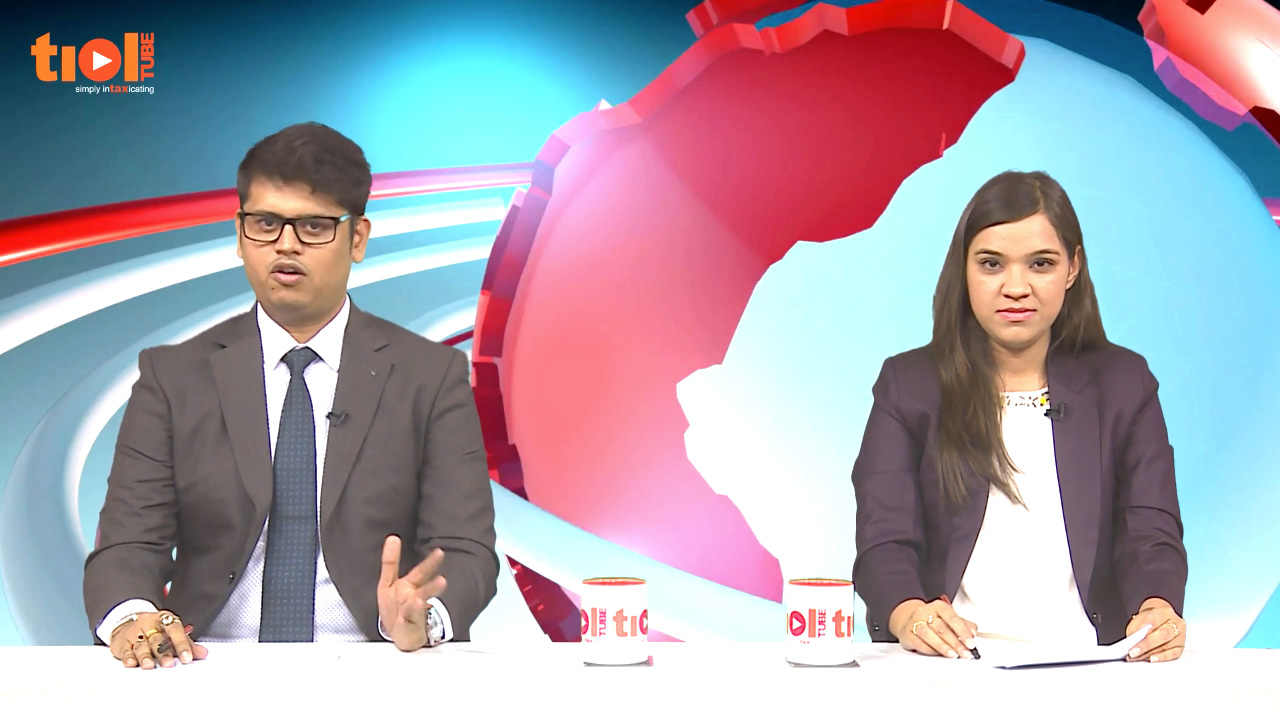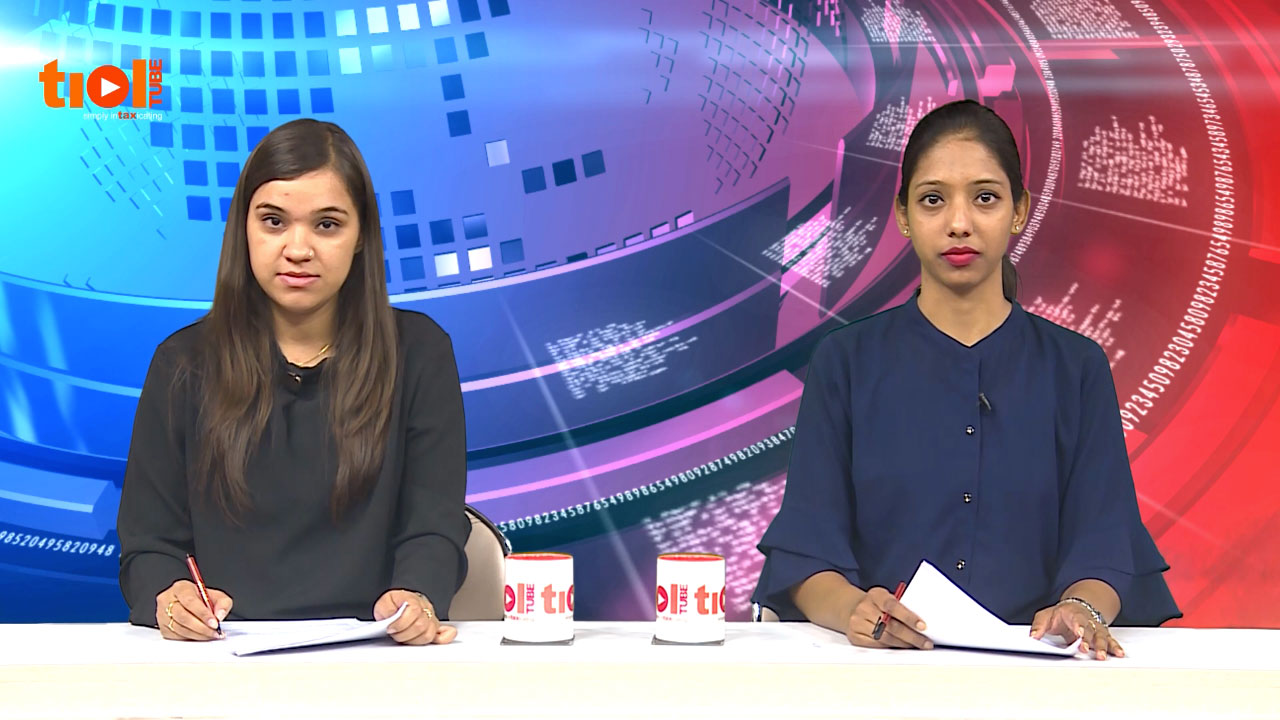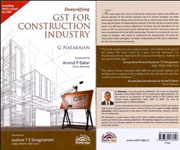|
SERVICE TAX
2019-TIOL-1521-CESTAT-MAD
Counter Point Management Plus Vs CGST & CE
ST - The appellant-company has a Technical Business Services & Marketing Agreement with one M/s Crest Com International Ltd., USA for distributing the latter's management programmes - The appellant also has the right to appoint other distributors for marketing and implementing the training programme - The agreement defines the person who conducts the management training programme as an Active Distributor - As per the agreement, the proceeds from the initial franchise fee paid by the new distributor is to be divided between the appellants & the USA company - The distributors also pay 35.5% of their gross revenue as royalty to be shared between the producer & master distributor - The Revenue opined that the amounts shared with the USA producer was royalty, on which service tax was payable - Duty demand was raised with interest & penalties u/s 77 & 78 of the Finance Act 1994 - Hence the present appeal.
Held: It is seen that all the payments made to Crest Com International Ltd USA were paid only after payment of service tax in India - However, the Commr.(A) also dismissed the appellant's prayer on grounds that onus is on the appellant to prove its contention that royalty paid to foreign service provider already suffered service tax & was paid - The adjudicating authority as well as the Commr.(A) chose to disregard this argument of the appellant, on grounds that the same is not backed by necessary documents - The appellant also claimed to have submitted the requisite documents before the authorities, but the same had been disregarded by both - In such circumstances, the matter warrants remand to the adjudicating authority for verification of this aspect - Considering the same, the penalty imposed u/s 78 of the Finance Act 1994 is an over-kill and warrants being set aside: CESTAT (Para 1,2,4.2)
- Assessee's appeal partly allowed: CHENNAI CESTAT
CENTRAL EXCISE
2019-TIOL-1523-CESTAT-HYD
Andhra Organics Ltd Vs CCT
CX - The assessee sought to avail credit on Tour Operator Service availed for transporting workers and staff to and from the factory - On adjudication, credit was denied on grounds of it having no relation to the manufacture of final products - Hence the assessee's appeal.
Held: There is no reason to deviate from such findings: CESTAT
- Assessee's appeal dismissed: HYDERABAD CESTAT
2019-TIOL-1522-CESTAT-DEL
Euro American Plastic Product Pvt Ltd Vs CCE
CX - On adjudication for the relevant period, an amount of Cenvat credit was disallowed to the assessee - Duty demand was raised with interest for its recovery & penalty was imposed - The same was sustained by the Commr.(A) - Hence the present appeal.
Held: The statute debars the Revenue from imposing penalty in case the entire duty demanded with interest is paid by the assessee either before issuing of SCN or within 30 days of the same being issued - This is not so in the present case - In the order being challenged, the Commr.(A) very specifically observed that the assessee repeatedly & continuously availed irregular credit for over 5 years - This cannot be said to have no intention to evade payment of duty - Besides, the wrong availment of credit was noticed only after audit of records - The assessee is an established unit existing for years - Yet the wrong availment of credit for a continuous period of more than 5 years is a deliberate act of non-payment of duty - The fact remains that the assessee did not reverse the wrongful credit within the stipulated time or even disclose the same despite the regime of self-assessment - Hence the O-i-A in challenge is sustained: CESTAT
- Assessee's appeal dismissed: DELHI CESTAT
CUSTOMS
2019-TIOL-1138-HC-DEL-CUS
Future Express Vs UoI
Cus - Commissioner of Customs (General) had revoked the Authorized Courier Licence granted to the petitioner and also directed forfeiture of the security amount of Rs.10 lakhs and imposed penalty of Rs.5 lakhs under regulation 14 of the Courier Imports and Exports (Electronic Declaration and Processing) Regulations, 2010 - appeal against this order was rejected by the Chief Commissioner of Customs and, therefore, petitioner is before the High Court - principal allegation against the petitioner is that he is not performing functions of a courier but is merely acting as a Custom Clearing Agent; that the Petitioner does not fall within the definition of an Authorized Courier under the 1998 Regulations and the 2010 Regulations - petitioner disputes the same and states that all non-core functions relating to pick-up or local delivery of export/import courier packages/ shipments and housekeeping activities are not necessarily required to be performed by an Authorized Courier and the same can be outsourced; that outsourcing of such activities does not render the petitioner ineligible for being considered as an Authorized Courier.
Held: The purpose of framing the 2008 Regulations and 2009 Regulations is to extend expeditious clearance facilities to couriers on the premise that couriers have an elaborate infrastructure for knowledge and information management and such courier companies used their in-house mechanism to guard against use of supply chain by unscrupulous elements - Plainly, if the petitioner was not in touch with the customers and was merely acting as a custom clearance agent, the question of extending expeditious clearance facilities on reliance of the petitioner's infrastructure and knowledge of its customers, does not arise - Petitioner had confined himself to custom clearance of shipments and had no operational responsibility for either interfacing with the customers or international partners - Thus, in view of this Court, there can be no doubt that the petitioner was not engaged in the business of acting as a courier as contemplated under the 1998 Regulations or the 2010 Regulations - contention that the petitioner had merely outsourced some of its non-core activities as a courier, is unmerited - Court finds no infirmity with the order dated 27.01.2017 passed by respondent no.2 and the impugned order passed by respondent no.3 - Petition is unmerited, hence dismissed: High Court [para 27, 28, 30, 31, 34]
Cus - Petitioner contends that he was not required to obtain permission as contemplated under Regulation 13(j) of the 1998 Regulations in view of the Circular 59 of 2016-Customs dated 02.12.2016 - From a reading of paragraphs 4 and 5 of the said Circular, it is, at once, clear that the import of the said Circular is to exempt courier agencies from seeking permission to outsource certain non-core activities and is not to enable a person carrying on the activity of custom clearance to masquerade as a courier - Outsourcing of activities, essentially means, that a person carrying on a business is not required to perform all activities himself - However, it is essential that the person outsourcing the activities maintains the integrity of the business - In the present case, it is difficult to accept that the petitioner was carrying on the business of a courier and had outsourced certain components of his business - The petitioner was merely involved in custom clearance; he had no interface with customers using courier services and was also not involved with other business activities - therefore, Circular dated 02.12.2016 is of little assistance to the petitioner: High Court [para 32, 33] -
Petition dismissed
: DELHI HIGH COURT 2019-TIOL-1520-CESTAT-AHM
KK Enterprise Vs CC
Cus - The assessee filed claim under Notfn No 102/2007-Cus for refund of Special Additional Duty paid at the time of clearance of goods under 5 bills of entry - Such claim was partly allowed on grounds of having been filed after one year from the date of payment of the SAD, as per Notfn No 93/2008-Cus - Hence the present appeal was filed by the assessee.
Held: If the entire notification is read harmoniously, there are many conditions such as that the goods be sold in the market & on which VAT or Sales Tax be paid - It is only then that the assesse is entitled for refund - There is no time limit prescribed that the goods are to be sold within one year from the date of payment of Excise duty - Though Customs duty is paid but unless the goods are sold, no refund can arise - Hence on one hand a time limit is prescribed, namely one year from date of payment of SAD - But on the other hand, the assessee can claim refund only when the goods are sold and VAT or Sales Tax is paid - In light of such contradictory provisions, one year must be reckoned from the date of sale of goods, in keeping with a harmonious interpretation of the Notfn - In such circumstances and also considering the mandate of relevant judgments in this regard, the refund claim cannot be denied on account of being time-barred: CESTAT
- Assessee's appeal allowed: AHMEDABAD CESTAT |



